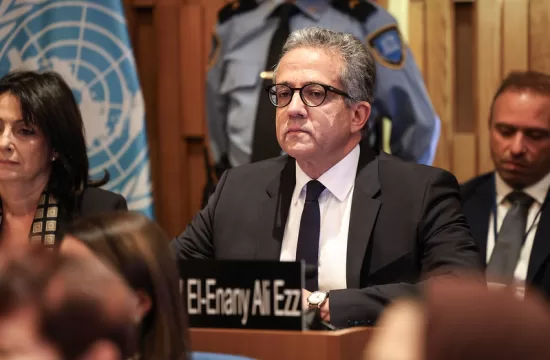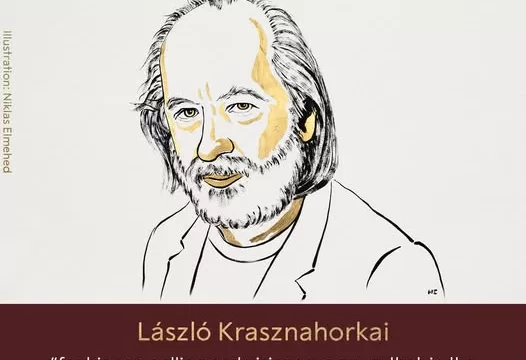|
Getting your Trinity Audio player ready...
|
Led by a feminist network based in India, researchers and advocates across South Asia are building the case for new legal and medical responses to sexual violence, while empowering victims to speak out.

Source : Meena Kadri/flickr
For countries in South Asia that have endured conflict, acknowledging the violence and the suffering of victims is an important step in overcoming past grievances. Yet the blight of sexual violence in the region remains taboo, limiting restitution for victims and allowing perpetrators to avoid punishment.
With support from Canada’s International Development Research Centre (IDRC), researchers and advocates in five countries – Bangladesh, India, Nepal, Pakistan and Sri Lanka – have made important strides toward ending the silence and impunity that surrounds the issue.
Led by Zubaan, a feminist network based in India, researchers have helped to build the case for new legal and medical responses to sexual violence, while empowering victims to speak out. The project has generated more than 50 research papers, two books and extensive media coverage. At the same time, it is building a new cadre of young researchers and activists who can play a meaningful role in the dialogue on peace and justice in South Asia so that these hidden crimes are acknowledged. More than 85% of the several dozen researchers involved are under 40.
[pullquote]In one crucial area in particular, the team’s work with the committee has translated into new legislation that will strengthen the prosecution of sexual assault and harassment.[/pullquote]
In India, team members provided crucial inputs to the Justice Verma Committee Report on Amendments to Criminal Law, a review process launched after a vicious gang rape and murder in Delhi in 2012. Among its recommendations, the report proposed expanding the definitions of rape and sexual assault; removing, for example, an exemption that prevented prosecution for rape within marriage. It called for domestic workers to be covered by new legislation on sexual harassment in the workplace, stiffer punishment for acid attacks and compensation for victims.
In one crucial area in particular, the team’s work with the committee has translated into new legislation that will strengthen the prosecution of sexual assault and harassment. Research on medical and forensic protocols has fed directly into new guidelines issued in March 2014 by the Ministry of Health and Family Welfare. These guidelines aim to reduce the trauma for victims, while increasing the likelihood that vital and usable criminal evidence will be collected. The new measures – which the World Health Organization has lauded as “a positive way forward […] providing empathetic support and rebuilding lives after assault” – have been widely shared and are now a touchstone for other countries in South Asia.
Another partner in the research effort, the Bangladesh Legal Aid and Services Trust (BLAST), successfully petitioned the Supreme Court of Bangladesh to urge the adoption of standardised protocols to deal with victims and survivors of sexual violence. BLAST is now working with a subcommittee that has been commissioned to draft guidelines.
Overall, the research points to essential transformations needed to end the silence on sexual violence including:
– Identifying sexual assault as a major problem and an impediment to development.
– Making it visible through the media and in public discourse.
– Ensuring reasonable provisions in the law to protect women.
Over the next year, efforts will focus on making research findings more visible, with a series of briefs, media outreach, four more books, and other publications and events planned. As the team takes aim against the culture of impunity, it will ensure sexual violence is high on the agenda as regional policymakers work toward post-conflict transitions in South Asia.







